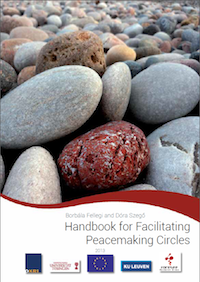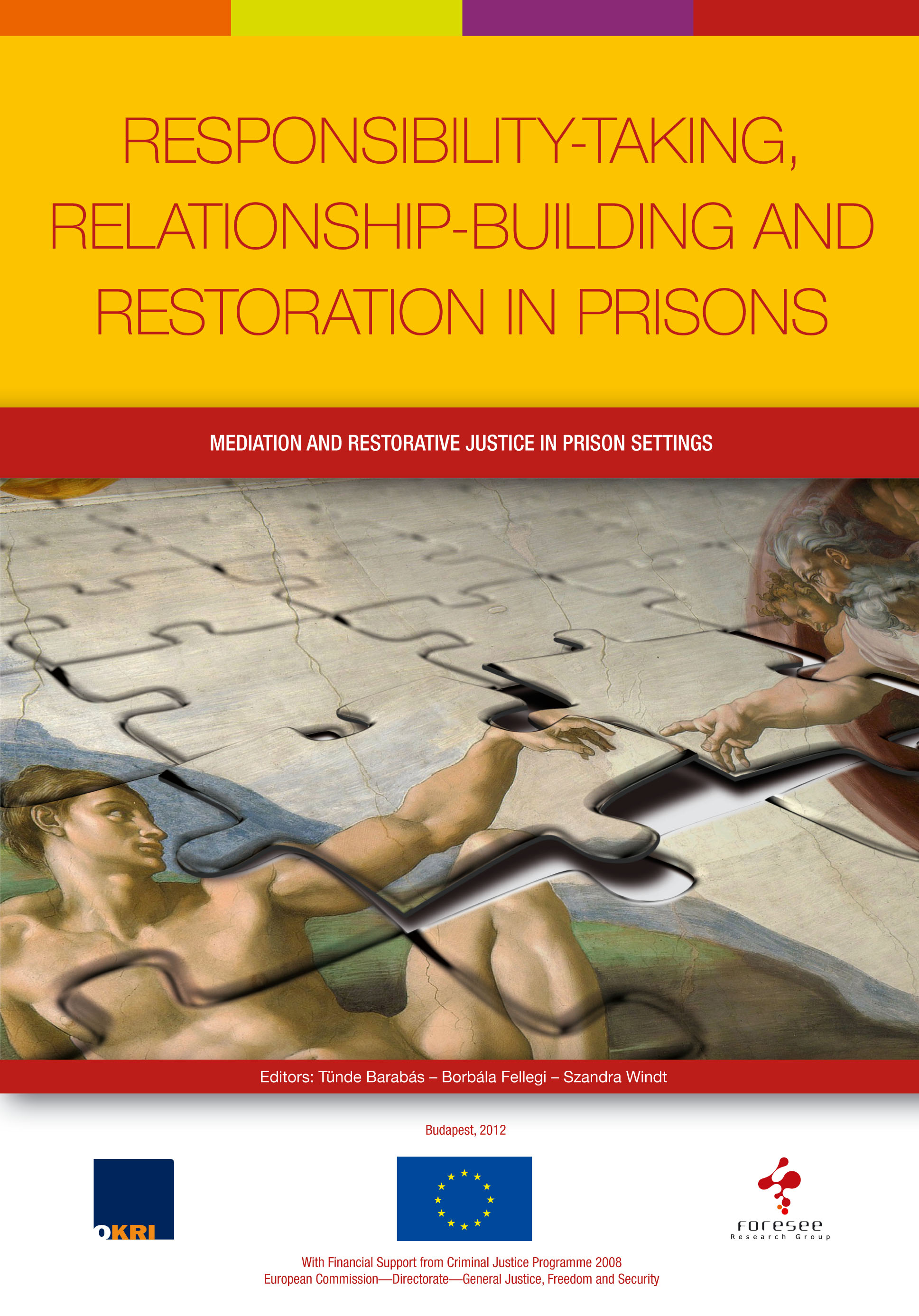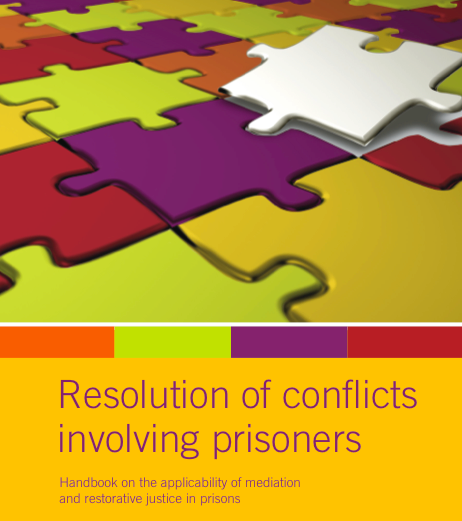The Radicalization Awareness Network, founded in 2011, gathers the most distinguished practitional experts and professional specialists into eight working groups operating on the fields of law enforcement, embracing victims of terrorism, internet and social media, prevention of radicalisation, deradicalisation, prison and probation, health care, internal and external factors.
The first day of the meeting was about the exchange of experience and knowledge between the members of the RAN network. On the second day the participants had the chance to meet high level politicians of EU states. The goal of this meeting was to connect experts, practitioners and NGOs with decision making politicians, so related local, national and EU principles are based on practical knowledge and experience.
'Violent extremism is one of the gravest dangers for EU citizens and is a major and growing concern regarding our safety. The terrorist threat has in part shifted away from organised groups to individuals, who are harder to detect, and whose actions are harder to predict. A lot can be learnt from front line professionals and their recommendations; their recommendations provide politicians with useful tools and innovative ways in countering violent extremism’ - stated Ms. Cecilia Malmström, European Commissioner for Home Affairs.
In his presentation, Péter Krekó (co-leader of RAN-PREVENT) emphasized – among other things – the importance of community building and prevention within schools. Giving the example, that in settlements where there are existing and working relations between different groups and minorities, extremist movements and ideas are much less likely to take root.
Borbála Fellegi, representative of Foresee, the only Hungarian NGO present on the conference, spoke of the efficiency of restorative methods. These methods invite the participants to voice personal traumas and personal aspects behind the conflicts which then leads to a better understanding of their own stories and those of others, taking responsibility, restoration, reintegration, and in some cases, reconciliation; therefore they are helpful in handling conflicts arising in settlements and institutions as well as in interpersonal, micro-level relations and on macro-level peacemaking.
In furthering this, local cooperations are just as important as coordinating national and regional policies, or creating and applying EU-wide guidleines and approaches. There was an agreement among the participants of the conference that the solution has to be furthered by dialogues instead of monologues. As the representative of the Commission so appositely formulated: „compliance culture” needs to be replaced by „commitment culture”.
Also representing Hungary were Krisztina Berta, Deputy State secretary of the Ministry of Interior; Zoltán Bogschutz (Office of Public Administration and Justice); László Göbölös (Constitution Protection Office Head); János Hajdú, Leader of Counter Terrorism Center; Péter Krekó, Leader of Political Capital Institute; Richárd Leyrer, First Secretary of the Permanent Representation of Hungary in criminal matters and Sára Marton representing the Ministry of National Resources. Bernard Rorke, research director of OSI (Open Society Institute) and Swaan van Iterson, representing the Netherlands-based Anne Frank House shared insightful details and experiences concerning their respective work in Hungary.
You can find news about the RAN Network, including the summary of the RAN Plenary meeting here.
The discussion paper of the conference can be downloaded here.















No comments